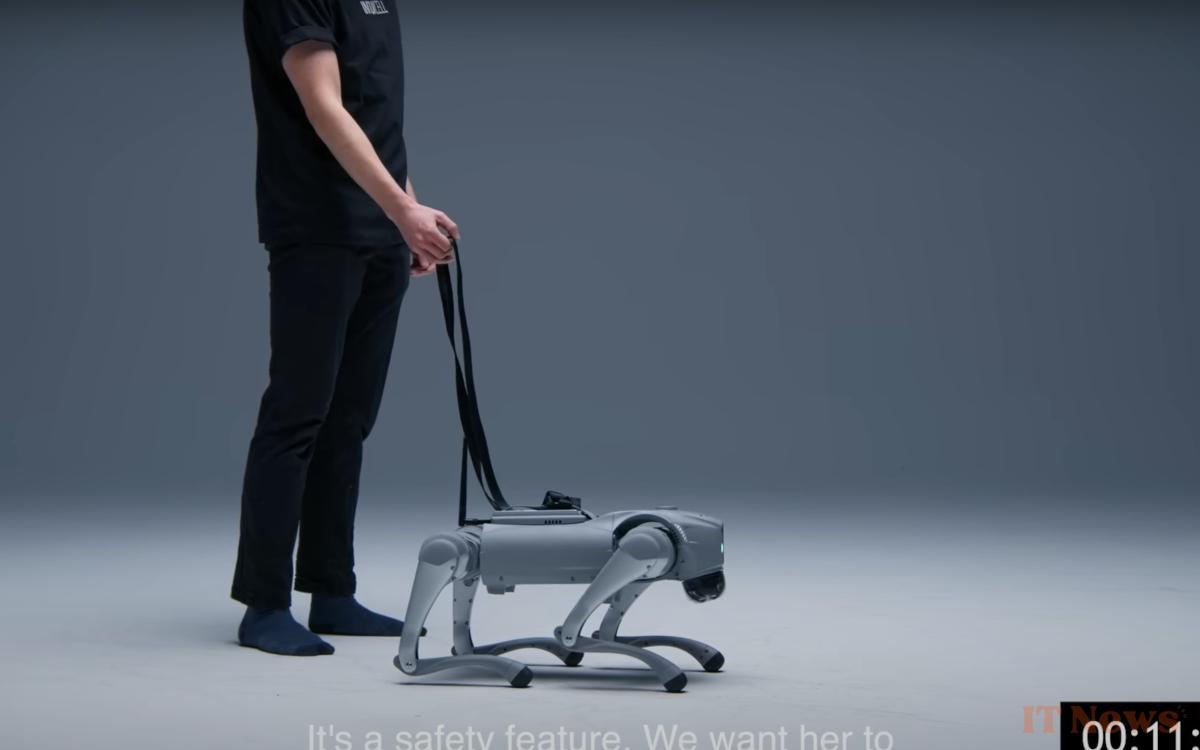Robotics is perhaps experiencing one of its biggest upheavals ever. A Swedish startup has presented a robot capable of learning on its own thanks to a digital nervous system. This innovation could bring machines closer to human intelligence.
Since its inception, artificial intelligence has relied on massive databases to learn. Robots were pre-programmed to perform specific tasks without any real ability to adapt. Today, a startup called IntuiCell has taken a new step forward by creating Luna, a robot-dog capable of learning on its own by interacting directly with its environment.
The innovation is based on a system called “physical agentic AI,” a kind of digital nervous system. Unlike traditional models that process only data, Luna learns like a living being: by making mistakes, by adapting, and by progressing. A video shows the robot attempting to stand up without any prior programming, reminiscent of a newborn's first hesitant steps. Fortunately, this is very different from the famous flame-throwing robot dog Thermonator, which set social media ablaze after a failed demonstration with the influencer iShowSpeed. Here, no uncontrolled flames, just pure learning.
IntuiCell imagines a future where Robots and robot dogs will learn on their own alongside humans
IntuiCell CEO Viktor Luthman believes this technology represents a real game changer. He explains that “intelligence is not a question of model size or computing power, but must be present from the start“. According to him, simply making AI bigger will never be enough to produce intelligence capable of evolving in an unpredictable real world. With this digital nervous system, machines can acquire new skills without the need for new programming.
This approach is part of a broader trend in robotics: the arrival of humanoid robots for the general public. Nvidia, for example, recently presented Isaac Gr00t N1, an AI model intended to power future robotic personal assistants. In this new world, it is not impossible that our daily companions will be humanoid machines... assisted by robot dogs capable of learning and adapting themselves. A vision that seemed like science fiction yesterday, but which is becoming a little more real today.




0 Comments